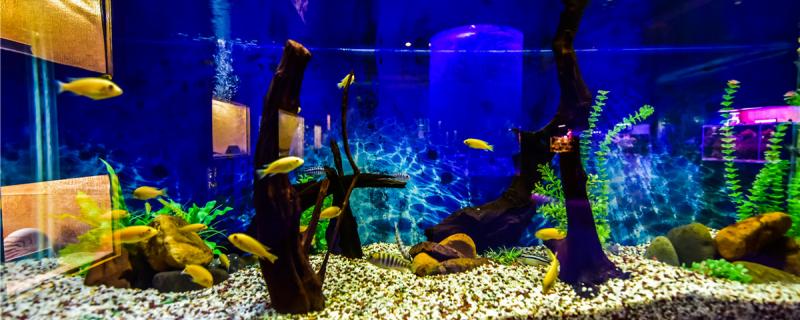 1. Can salt disinfect fish
1. Can salt disinfect fish Salt can disinfect fish, but it is usually not used for disinfection. The concentration requirement of salt disinfection is relatively high. If the fish is not terminally ill, it is not recommended to soak it in high concentration salt water, which may further aggravate its illness. Usually, potassium permanganate, chlorine dioxide and other drugs are used for disinfection. Their dosage is relatively low, and their side effects are very small, which will not have much impact on the health of fish.
2. What is the concentration of salt for freshwater fish1, 0.5%: Five thousandths of salt is generally the normal concentration of salt, under which fish will not feel uncomfortable, and it can also play a certain role in helping. This concentration is the old three commonly used in the treatment of fish diseases. But this concentration can't cure diseases, because it can't kill bacteria.
2, 0.6-0.8%: This concentration is slightly higher, but it basically has no bactericidal effect, but it can still cure diseases with drugs. For some larger fish, this concentration of salinity is more suitable, which is much better than the treatment effect of 5% per thousand.
3, 1.5-2%: When the concentration reaches 1.5%, the sterilization effect has already been achieved, and the fish cannot live in this environment for too long, otherwise the water in the body will gradually seep out, causing it to dehydrate and die. Usually, only when the illness is serious, it is necessary to use this high-concentration saline, and the soaking time should not exceed 30 minutes.